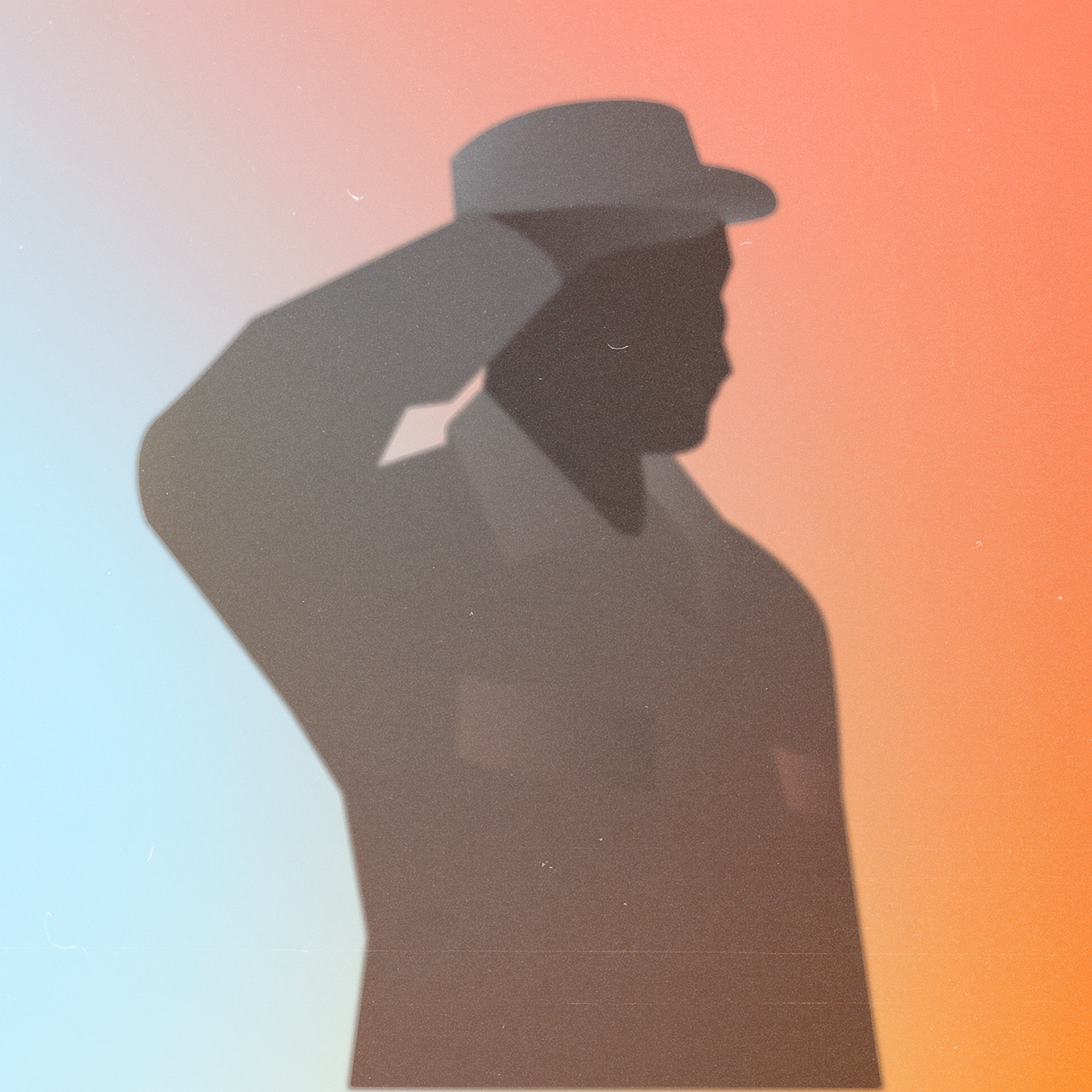Memorial Day
Rooted in the post-Civil War period, this United States holiday honors the sacrifices of soldiers who died in American wars.

Rooted in the post-Civil War period, this United States holiday honors the sacrifices of soldiers who died in American wars.
Nathaniel Glanzman
Reviewer URLNames: Memorial Day, Decoration Day
Rooted in the post-Civil War period, this United States holiday honors the sacrifices of soldiers who died in American wars.
Origin
Memorial Day’s origins begin with an event called “Decoration Day.” According to the National Museum of American History, the most important Decoration Day took place on May 1, 1865 in Charleston, South Carolina and was organized by freedman’s organizations and other formerly enslaved peoples. People gathered to honor the 257 Union soldiers who died while imprisoned at the Charleston Race Course, which was converted into a Confederate prison. Thousands of African Americans, including nearly 3,000 schoolchildren, came together in what is now known as Hampton Park to celebrate the deceased by adorning their graves with flowers and other forms of decoration.
At the same time, in a smaller fashion, women from both the former Confederacy and the Union began decorating the graves of soldiers. In Columbus, Georgia, the Columbus Ladies' Memorial Association called on women to celebrate Memorial Day in 1866. By 1868, the practice was widespread. The National Museum of American History said the decoration of graves may have borrowed from German Catholic traditions for All Saints’ Day.
The first national Memorial Day occurred on May 30th, 1868. Commander Chief John A. Logan, the commander-in-chief of the Grand Army of the Republic issued an order to establish a day to honor the large number of people who died during the Civil War. The first Memorial Day took place at Arlington National Cemetery.
For years, Memorial Day, while intended to honor those who died in the Civil War, also pointed to the still-large divisions within the United States. Those who sided with the Confederacy and those who fought for the Union celebrated separately. This division was so typical that when women in Missouri decorated both Confederate and Union graves in 1866 it received several laudatory mentions in the press and a poem was written in honor of the action.
Memorial Day was not made a federal holiday until 1971. President Lyndon Johnson expanded Memorial Day to honor all U.S. soldiers—not just those who died during the Civil War. He also established Memorial Day as the last Monday in May, and its name changed from “Decoration Day” to “Memorial Day.” However, divisions in celebration exist to this day. Louisiana, Texas, Arkansas, North Carolina, South Carolina, Alabama, Mississippi, Tennessee, Texas, Virginia and Florida celebrate two memorial days: the official, national Memorial Day and a second day honoring soldiers of the Confederacy exclusively.
Traditions
Memorial Day, in its intended form, is a solemn holiday to honor Americans who died in war. There are ceremonies at Arlington National Cemetery, most notably at the Tomb of the Unknown Soldier. Similar ceremonies take place at other war-related memorials in Washington, D.C. and around the country. Many towns hold parades which culminate in the decoration of graves.
As a federal holiday, many people get the day off from work or school. As a result, many people barbecue or engage in other leisure activities on Memorial Day. Many retail businesses also hold large sales around Memorial Day.
What to say
“Happy Memorial Day” is a fine greeting for anyone on Memorial Day. Take into account, when wishing someone Happy Memorial Day, your tone. Remember, Memorial Day is a solemn day for many and not just a day off.